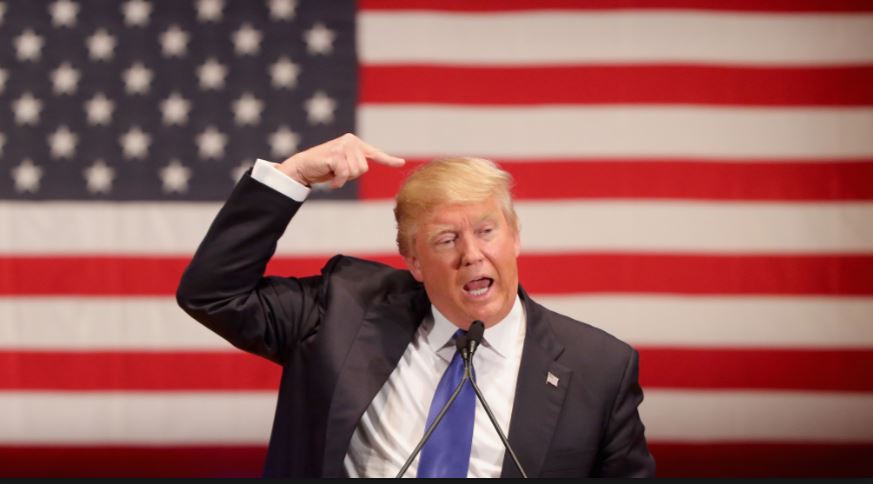Lead The World in Free Trade By Approving TPP
(Japan) on 14 October 2016
by (link to original)
As the U.S. and Europe grow more critical of – and defensive against – economic globalization, the rest of the world is closely watching Japan. In this current Diet session, Japan should lead the charge in free trade and vote in favor of the TPP.
The TPP would not only abolish tariffs on goods, but also establish rules on the environment, labor and intellectual property. It is a 21st century free trade agreement that will set a true global standard on rules concerning high-level trade and investments.
Both American presidential candidates oppose the TPP. President Obama sought to have it approved by Congress, but many said it would be difficult to agree to the deal at such an early stage.
Under these circumstances, there are those in Japan who say there's no need to rush the TPP's approval, but isn't that too negative and self-centered?
In order for the TPP to take effect, both the U.S. and Japan, major powers in their respective regions, will have to bring domestic proceedings to a close. For this reason, approving the trade pact during the current Diet session could become Japan's greatest diplomatic playing card.
First and foremost we must clearly define the details of the TPP and make it clear that Japan will not renegotiate. With this, the U.S. Congress will be pressured to ratify the agreement.
Second, Australia, New Zealand and other participating nations should follow Japan's lead, promoting congressional approval and other domestic proceedings.
Third, we can expect this ruling to have a favorable influence on other trade deals. For example, in negotiating the Regional Comprehensive Economic Partnership, Japan could turn countries like China or India – two nations cautious of liberalization – toward a more positive attitude.
Japan is currently negotiating an economic partnership with the European Union, with the goal of reaching an agreement on an outline by the end of the year.
Indonesia, Thailand, the Philippines and Taiwan have all shown interest in the TPP, and it's been reported that South Korea will also participate in the future.
In order to get support from nations and regions, Japan must take the initiative and fulfill its own obligations. Hopefully, the opposition will deliberate with a constructive attitude as well.


